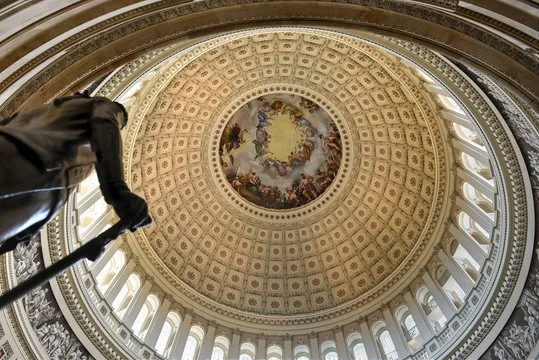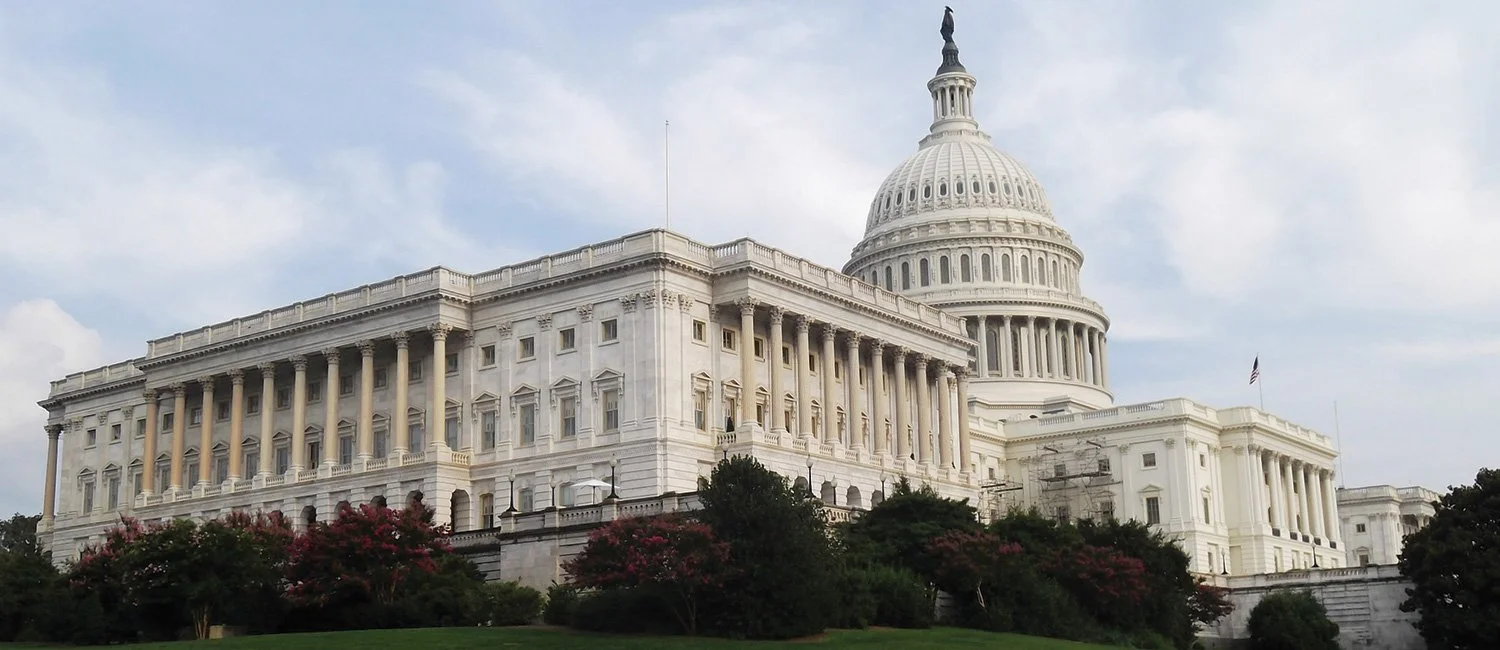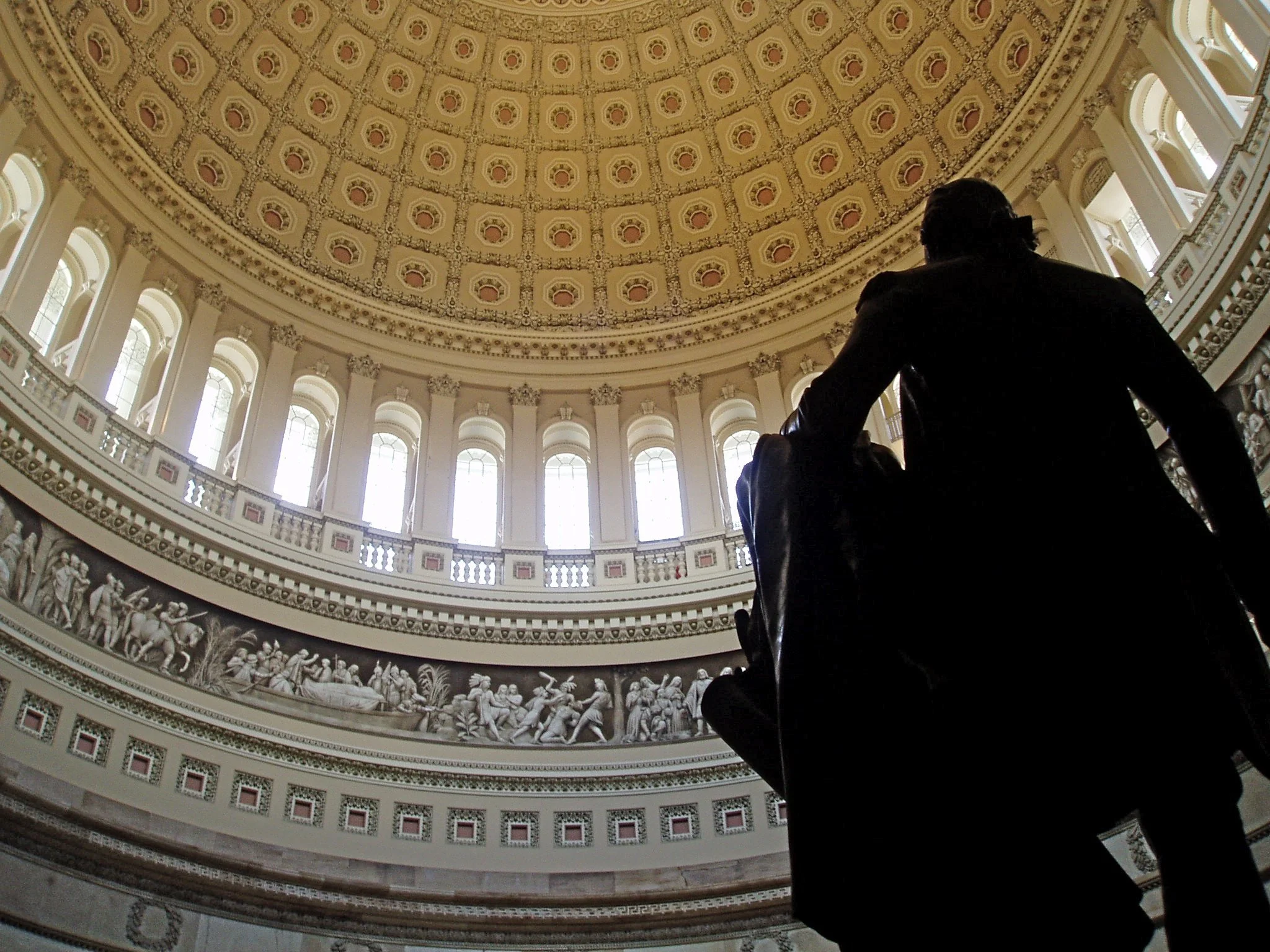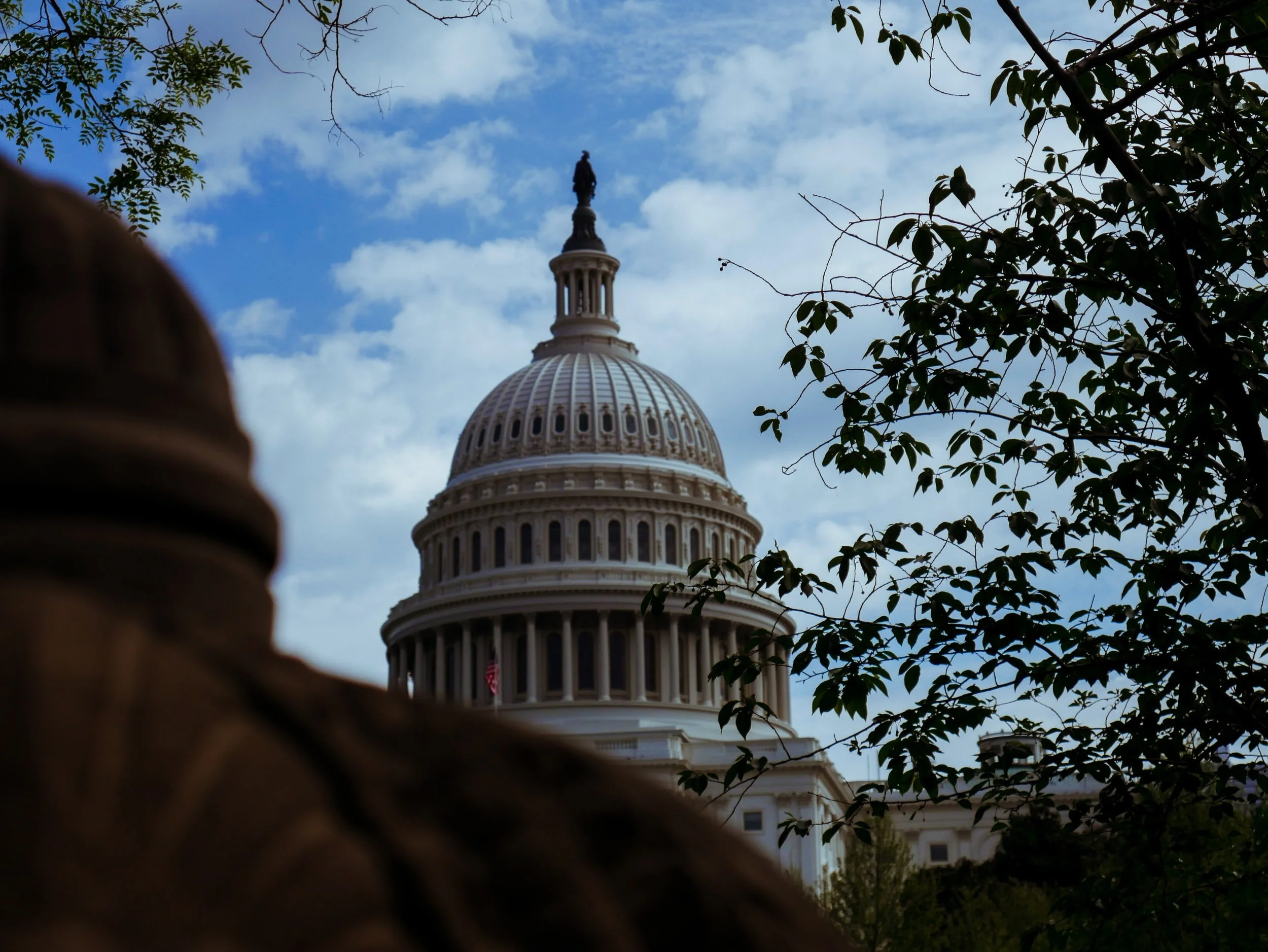MeriTalk announces TechCongress’ grant from the Knight Foundation, and reports on our goal to place 20 technologists in Congress by 2026:
Congress is due to get a big influx of skilled technologists who will act as advisers to congressional offices courtesy of the TechCongress Congressional Innovation Fellowship.
The Knight Foundation invested $2.5 million in the TechCongress organization, which places early and mid-career technologists in congressional offices. The funding will allow TechCongress to place up to 120 technologists on the Hill through the fellowship program, the Knight Foundation announced.
To date, TechCongress has already placed 65 fellows in Congress, and 15 of them have had their positions converted to full-time roles. The organization’s goal with the new investment is to increase its annual fellowship class size to 24 members, with the hope of converting one-third of those fellows into full-time positions.
“Understanding the mechanics of current, new and emerging tech is critical for governing in the 21st century,” Lilian Coral, the Knight Foundation’s director for national strategy and technology innovation, said. “By increasing technical expertise in Congress, TechCongress fellows help our elected officials better assess how technology impacts Americans’ lives.”
The investment will also allow TechCongress to increase its recruitment efforts and boost the representation of groups that have traditionally been underrepresented in tech.
The fellowship brings in data scientists, computer scientists, and computer engineers and places them in an equal number of Democratic and Republican offices. The fellows are then able to advise members of Congress on issues like IT modernization and technology policy.
“Our fellows are forward-thinkers that not only bring critical knowledge to urgent tech policy challenges but also bring new and creative methods to problem-solving by centering users at the heart of the policymaking process,” Travis Moore, founder and executive director of TechCongress, said.
“Fellows are ensuring that lawmakers are at the forefront of cybersecurity and privacy challenges, while also supporting Congress to leverage new and emerging tech to make government officials more responsive to the needs of their constituents,” Moore continued.
The application for TechCongress’ 2023 Congressional Innovation Fellowship class opens June 7 and will run through August 10.

















